On March 3, I joined several dozen other aspiring denizens of the kingdom of Wakanda at Toho Cinemas in Roppongi Hills for a "Black Panther" viewing party, hosted by a talented Jamaican songstress named Monique Dehaney. There we were, this mass of blackness — of the like I'm sure many of the Japanese onlookers who gawked at, photographed and applauded us had never seen.
We were quite the unapologetic spectacle, decked out in our African garb — dashikis, robes, gele (head scarves) and gowns, fully immersed in the spirit of the evening. We were an awesome sight.
The film itself exceeded expectations, well worth the praise it has been showered with, but a film review is not on my agenda. I viewed this film as I view all media that feature black actors or have black intellect behind it — through two sets of eyes.
The first set sees the actor or story for what it truly is: human beings telling human stories. The other set, unfortunately, makes every effort to approximate how this would be viewed by nonblack eyes, by people who are prone to see my humanity as outside of their own.
This can't be helped, I'm afraid. As much as I would love to believe that everyone is capable of simply seeing humans on the screen, there's way too much evidence to suggest that is not the case — that many do not see people, they see black people, and worse, they assess us in the real world based on these images. Particularly in a country like Japan, where real blackness is in such short supply.
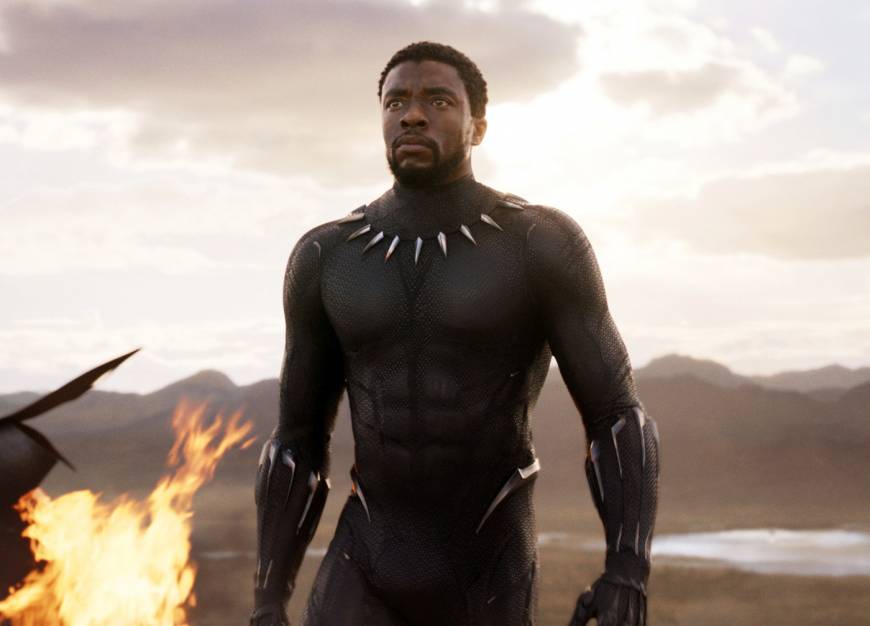
A 'Panther' for the pantheon
When the opening of "Black Panther" in Japan was first announced, man was I hyped! On and off the internet, even here in Japan, the film was an inescapable topic of rich discussion, particularly among black folk, for here was a high-budget blockbuster conceived, written and directed by black minds, with a black lead actor and a cast consisting of black and beautiful bodies vested with vitality and agency. In the century-plus that Hollywood has been carpet-bombing the world with its product, how many times has this ever been the case?
So, hell yeah, we were ecstatic! But in the weeks leading up to its release, I can't speak for all black people, of course, but I started getting a little antsy. "It's just an effin' movie!" I had to remind myself repeatedly. "And a Disney flick at that. So settle down!"
This hype struck a global chord, though — one I hadn't heard struck in years. My anticipation was shared not only with black Americans, but with millions of people the world over, black and otherwise. Such universal appeal is a rarefied achievement, held by a short list of luminaries and superheroes of color such as Ali, Pele, Mandela and Obama. It almost feels like sacrilege to add to this illustrious list a fictitious superhero, ruler of a nonexistent superadvanced African kingdom.
But, that's the sad state of the world we live in, isn't it? A world where fictional representations hold as much or, too often, more sway than those of us here physically representin'.
We're ever so dependent on these figures to validate our humanity, to tell our stories and sing our songs — to say to the world on our behalf, as Langston Hughes once did so poetically, "see how beautiful I am, and be ashamed."
I mean, can you imagine if people all over the world held up Donald Trump or Charles Manson as representatives of global "whiteness"? Absurd, right? This is the predicament blacks and other minorities find ourselves in because of individuals and societies that subscribe to ridiculous myths about racial distinctions and embrace these notions regardless of the abundant evidence to the contrary. And when such people are the majority, or are in authority, and are prone to act on these notions, those in the minority — subject to that authority — often live in some version of a terrorist state.
Lessons from Obama
Case in point: Back in 2008, from my home here in Yokohama, I followed Obama's campaign closely, dutifully blogging about his daily activities and delving into every facet of his wildly successful and unprecedented path to the presidency.
That was the fun part! The un-fun, angst-ridden part was waking up each morning drenched in dread and foreboding, soliciting the Creator's benevolence: "Please protect this man from the evil that they do!"
This I did before logging on to the internet, steeling myself for the possibility that the unthinkable (though my American experience informed me, something well within the realm of probability) had occurred: that an assassin's bullet or, worse, some catastrophic trumped-up (pun intended) allegations followed by public disgrace and a media lynching had eviscerated a blessing America barely deserved before it could even receive it.
Lugging such consternation around is as cumbersome a burden as it sounds, but many black Americans have done so, whether they're aware of it or not, their entire lives. It's part and parcel to living in terror.
As a conscientious black person in the U.S., you learn at a very young age some rather traumatic facts of life, one of which is this: Our image, our humanity, our very lives are, in part, at the mercy of a merciless mass media. How we are portrayed has real-world implications, some of which have and continue to do real damage. They perpetuate stereotypes that limit opportunities, increase deprivation, and foster fear and hatred, which inevitable lead to injury and death.
Also, for every negative image slung out into the world, umpteen positive images are required to offset it, because the negative images pack an indelible wallop and tend to resonate the longest. Many of us, out of necessity, are ever-conscious of this fact, for to ignore it can place one's self or loved ones in great peril at any given time. Precious energy is expended responding to these images. Black Eye itself was born out of this necessity. Potentially productive lives are squandered avoiding the mines these images have placed in our paths or in humiliating efforts to defuse them.
I was made aware of this long before coming to Japan. But living as a minority among a people predisposed to insulate themselves against outsiders, and whose insight into blackness is largely dependent upon an often grievously ignorant media, threw this fact into stark relief. This means that whether we embrace it or not, our very existence here not only turns us into makeshift ambassadors for whatever country or culture we represent, but also into activists on behalf of black humanity. Everything we say and do is racial public relations work — our everyday lives a personified defiance of the country's conventional wisdom.
In 2008, when that incredible turn of events resulted in a black White House, I truly expected change. Not only the "change" that Obama promised America on the campaign trail, but the promise inherent in the change he embodied.
I expected Obama's victory over there to result in changing attitudes over here. I expected Obama's coup to be the mother lode of good vibrations that would reverberate wherever black people dwell. I knew it would inform black youth that their potential is unlimited, and that's a beautiful thing, but was it powerful enough to have an impact on the Japanese assessment of "blackness" and to inspire some here to critically rethink the foul and/or ignorant notions that remain pervasive? Sad to report, I perceived not a smidgen of change. It's like black excellence is viewed as an exception to the natural state of blackness.
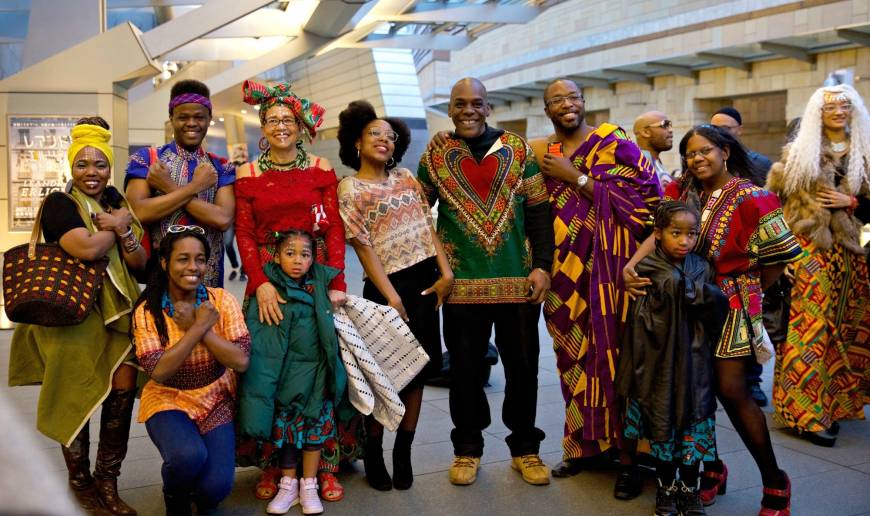
Basking in beautiful exile
The energy among the Japanese surrounding the film's release here has been rather lackluster, but I attribute this to the lack of promotion. For example, when another Disney product, "Star Wars: The Last Jedi," was being touted here, you couldn't go anywhere without running into an ad. Tokyo was practically transformed into a "Star Wars" theme park. They even changed some train jingles to that familiar "Star Wars" theme.
I didn't see anything of the sort for "Black Panther" (and if you're reading this, Ryan, Lupita, Michael and Chadwick, gather up the other Wakandans and get on over here), so it'll come as no surprise if the film has no impact at all on the general impression that Japanese people have of us.
And that's OK. Hell, even the best-case scenario wouldn't have brought about any significant changes overnight. They would have occurred then as they occur now: incrementally.
However, something wonderful came out of all this hoopla — something that I believe to be just as crucial to our well-being as the assessment of others: that is, its effect on how we assess ourselves. How has "Black Panther" impacted how we view our own blackness?
After all, over time, all that ambassadorial and PR work we do here can get to be mentally draining and spiritually exhausting. Being constantly on the business end of marginalization is taxing, to put it mildly. I spent all of January doing battle with Japanese, Caucasian and even black apologists for and supporters of blackface. I will never un-know the depth of dignified ignorance and vitriolic hate that came my way from fellow human beings. And the experience left me so languid I couldn't lift a finger the whole month of February. I was spiritually sapped.
But then came March 3, and I finally got to see what all the hype was about. At Monique's invitation, I joined her "Black Panther" viewing party, where I huddled together with a band of palpably positive brothers and sisters, my fellow compatriots of color hailing from countries that span the globe.
For two-plus hours we became exiles in a bountiful realm of invigorating messages and restorative images, of beautiful, intelligent blackness in abundance, conceived by creative minds akin to our own. Minds that intuitively knew how much we craved to see — were dying to see — ourselves celebrated for a change. To see ourselves as complex heroes, as kings and queens, as nationals in a nation advanced beyond the wildest aspirations white supremacists have for themselves. To see ourselves in a country that, for once, had no parallels with a terrorist state, and to see our world as it might be if it hadn't been ravaged by the "colonists." "Black Panther" did all that and then some.
And for two-plus hours, and in fact for the next three weeks (during which I've seen the film two more times), I haven't taken much notice of what kind of impact all this magnificence is having on the Japanese assessment of blackness. Because, to be honest, I'm too overjoyed basking in it to give a damn just yet. People here will either get it or they won't. But I got it, every replenishing moment of it, and for me it couldn't have come at a better time. Wakanda forever!
Baye McNeil is the author of two books on life in Japan. See www.bayemcneil.com.
Send your comments and Community story ideas to: [email protected]



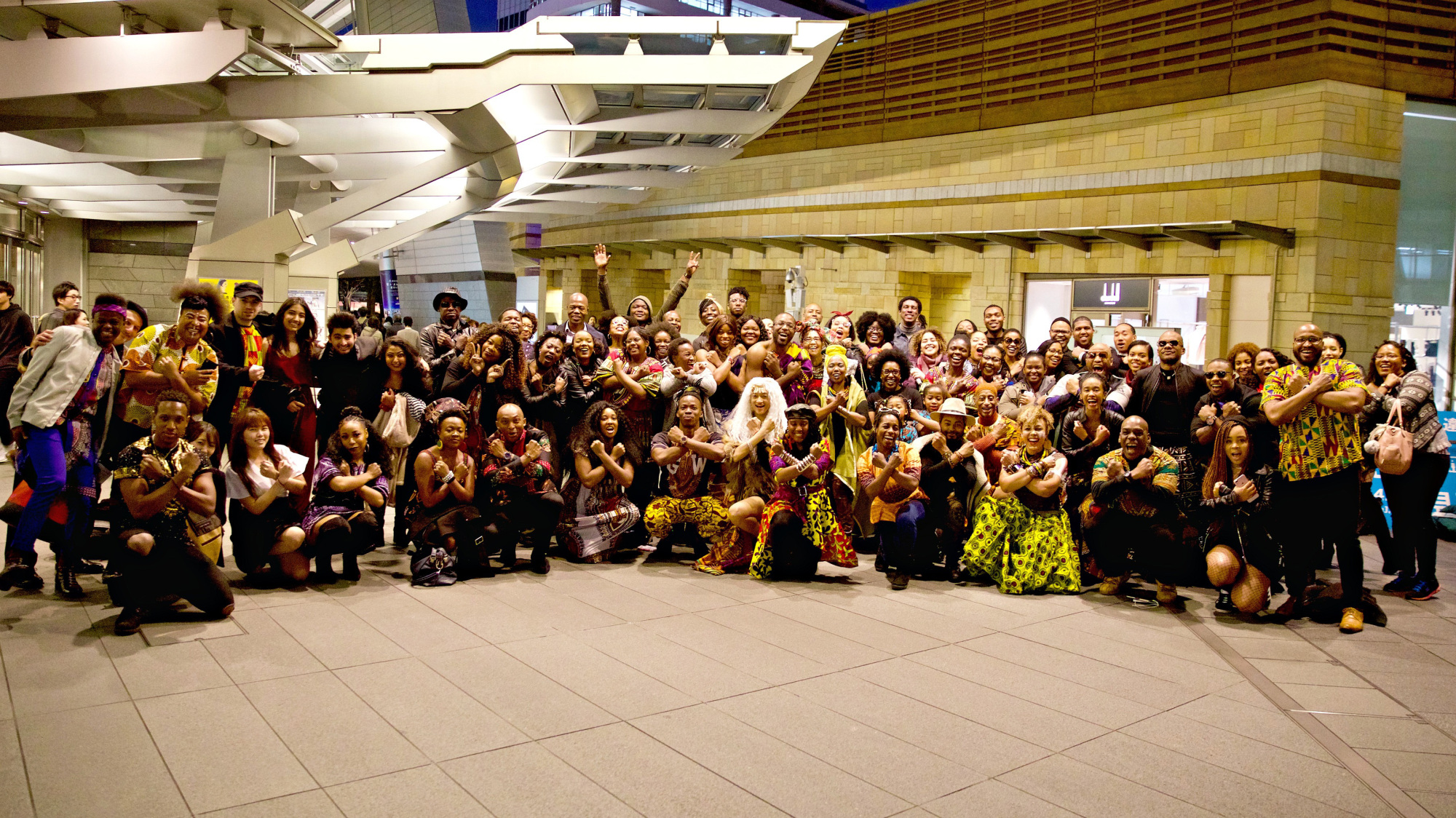
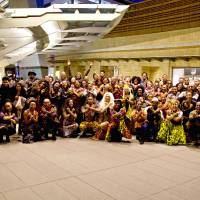
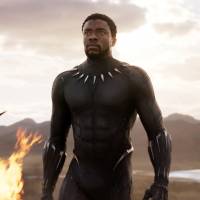
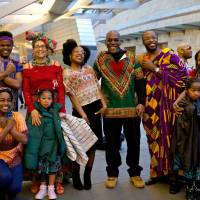














With your current subscription plan you can comment on stories. However, before writing your first comment, please create a display name in the Profile section of your subscriber account page.